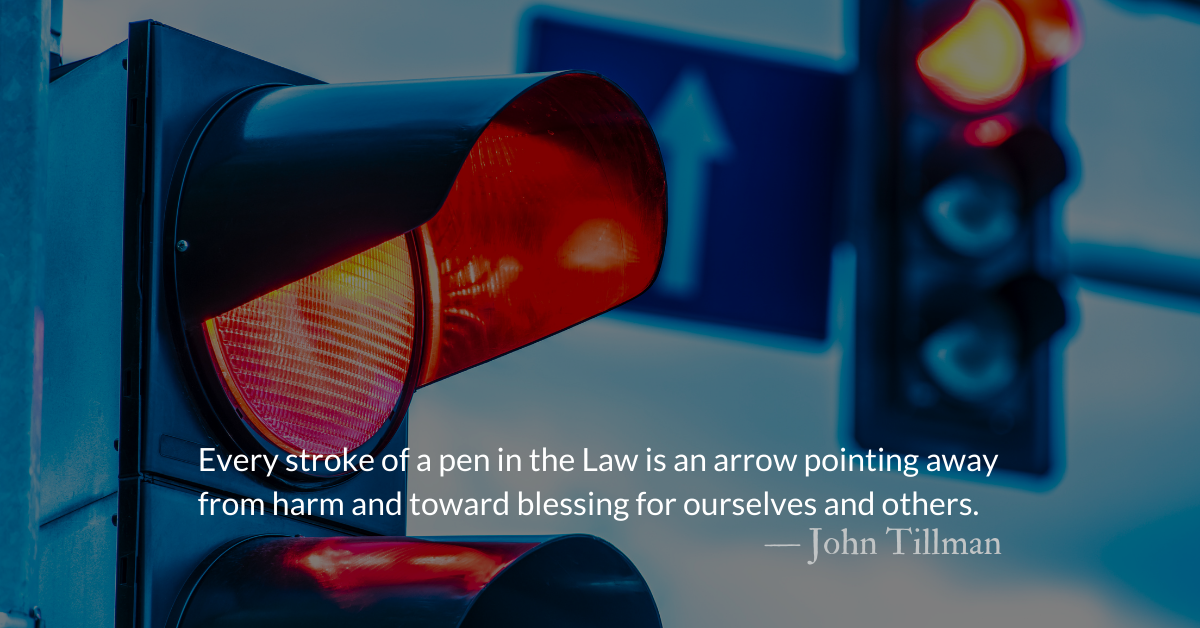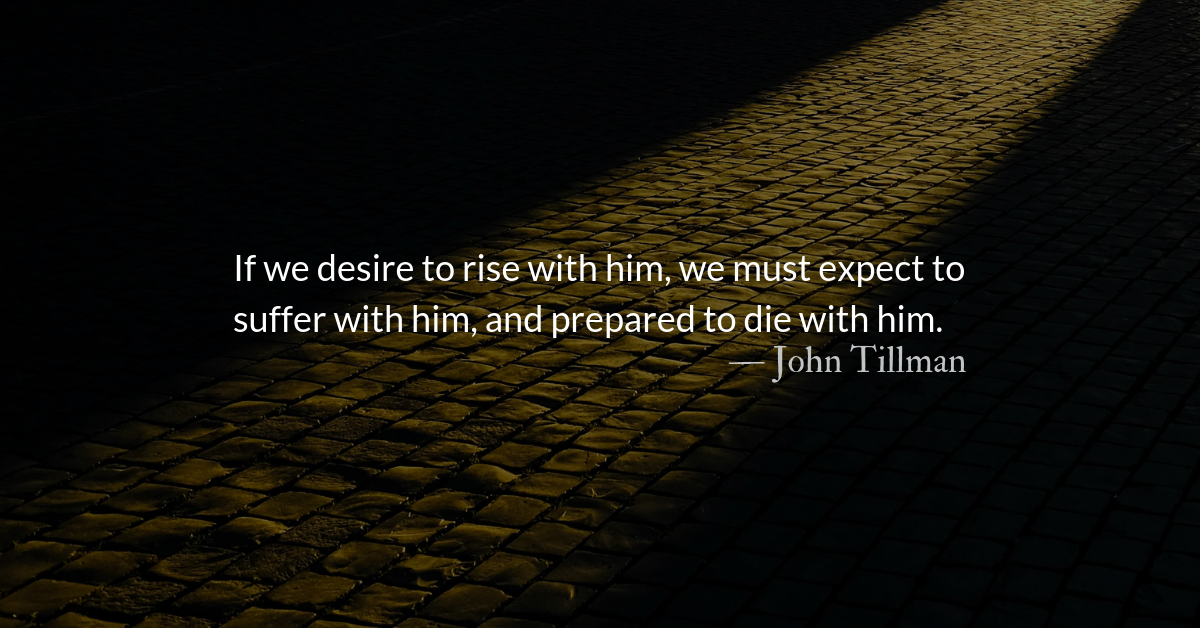Scripture Focus: Leviticus 20.22-14
22 “ ‘Keep all my decrees and laws and follow them, so that the land where I am bringing you to live may not vomit you out. 23 You must not live according to the customs of the nations I am going to drive out before you. Because they did all these things, I abhorred them. 24 But I said to you, “You will possess their land; I will give it to you as an inheritance, a land flowing with milk and honey.” I am the Lord your God, who has set you apart from the nations.
Psalm 25.12-15
12 Who, then, are those who fear the Lord?
He will instruct them in the ways they should choose.
13 They will spend their days in prosperity,
and their descendants will inherit the land.
14 The Lord confides in those who fear him;
he makes his covenant known to them.
15 My eyes are ever on the Lord,
for only he will release my feet from the snare.
Reflection: Stop Following Old Laws
By John Tillman
God does not desire for people to perish but to flourish. His prohibitions are not designed to cause denial or suffering but to bring out fulfillment and pleasure.
Godly wrath, punishment, and judgment come from love for victims. There is no such thing as victimless crime. Yet, even the harshest earthly penalties, cannot truly compensate victims for their sufferings. They are still only tokens, looking forward to the true justice that would be wrought by the sacrifice of Jesus.
God desires the best for all people, even perpetrators. Victims are not the only ones harmed by sin. Perpetrators of violence, promiscuity, and greed harm themselves, in addition to their victims. God’s prohibitions are flashing red warning lights that say, “I love you. Don’t do this.” Every stroke of a pen in the Law is an arrow pointing away from harm and toward blessing for ourselves and others.
However, when we are convinced of our own righteousness, we argue against the righteousness of God. The surest way Satan tempts us to sin, perhaps the only way he ever has tempted us to sin, is to convince us that God is unjust.
These laws also were intended to shape God’s people into something new. All nations and empires were (and are) sinful and unjust. Israel was to be different. All humans victimized others. They were to be different. All humans considered sexuality as just another tool of manipulation and control. They were to be different. All peoples considered themselves better than all others. They were to be different.
We think of laws from the Bible as “old” and irrelevant. But the cultural laws we follow today were old before God’s law came:
“The strong will survive.”
“Eat, drink, and be merry.”
“Get it while you can.”
“Do what is best for you.”
Our culture is still following these “old laws” of dominance, indulgence, impermanence, and selfishness. These old laws are irrelevant in God’s kingdom. God’s laws given to Israel are the new laws:
“Take care of the weak.”
“Leave extra for others.”
“Live for eternity, not the moment.”
“Do what is best for others.”
These are the new laws of justice, equity, eternality, and sacrifice that Jesus came to fulfill. May we live out this law today. When we do, we will find our feet freed from the snare of sin and we will make visible a glimpse of the coming kingdom of God.
Divine Hours Prayer: The Morning Psalm
Why should I be afraid in evil days, when the wickedness of those at my heels surrounds me,
The wickedness of those who put their trust in their goods, and boast of their great riches?
We can never ransom ourselves, or deliver to God the price of our life;
For the ransom of our life is so great, that we should never have enough to pay it, — Psalm 49.6-10
– Divine Hours prayers from The Divine Hours: Prayers for Springtime by Phyllis Tickle
Today’s Readings
Leviticus 20 (Listen – 4:18)
Psalms 25– (Listen – 2:18)
This Weekend’s Readings
Leviticus 21 (Listen – 3:08), Psalms 26-27 (Listen – 3:13)
Leviticus 22 (Listen – 4:41), Psalms 28-29– (Listen – 3:41)
Read more about Two Lamechs, One Jesus
Lamech multiplies all of Cain’s sins….violence and oppression…“marrying” two wives…
Read more about Uprooting and Replanting
In the flood, we see uprooting and replanting. The thorny brambles of Cain and Lamech filled the world with violence and bloodshed.








